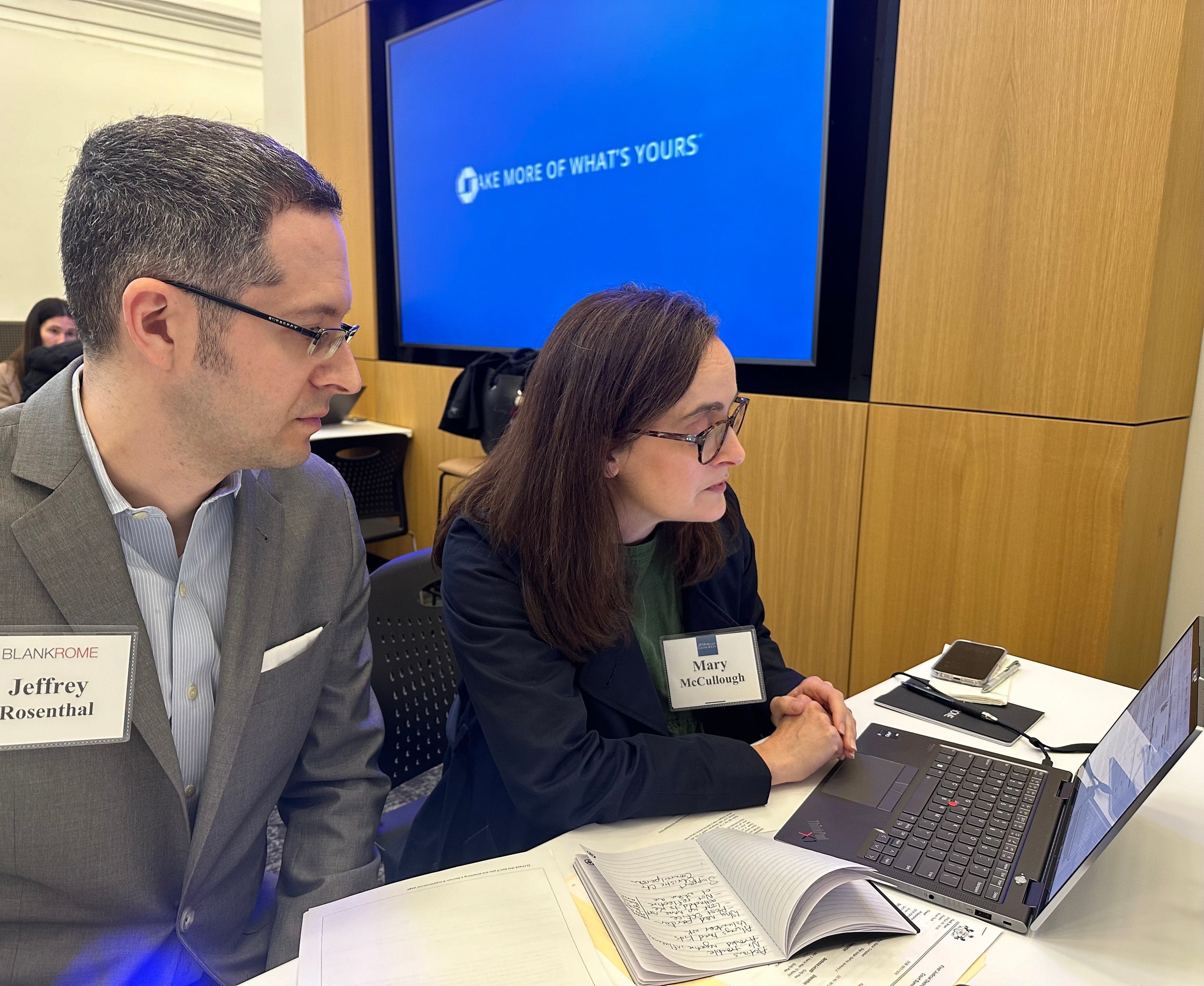Planning for potential dementia or loss of judgment is essential for aging individuals to protect their dignity and ensure that their wishes are respected by authorities and family members. A serious medical diagnosis from a doctor is necessary for a definitive diagnosis, but online tests can provide an initial assessment of cognitive function and memory.
As people enter the third phase of life, they may face challenges such as social isolation, financial uncertainty, and questions surrounding their assets and care needs. Creating a precautionary mandate can help designate who will make decisions on your behalf if you lose judgement, covering areas such as personal care, financial concerns, and representation in legal matters.
Determining whether incidents of forgetfulness are part of normal aging or indicate a loss of judgment can be challenging. People with dementia may initially not notice their impairments or deny them altogether. The progression of the disease can lead to fluctuations in behavior and awareness, making it difficult for loved ones to broach the topic.
Online tests can provide an initial assessment of cognitive function and memory, but a serious medical diagnosis from a doctor is necessary for a definitive diagnosis. Doctors evaluate cognitive ability, evaluation ability, will-forming ability, and will-implementing ability to determine the extent of impairment in attention, memory, perception, and communication. Taking care of financial matters such as long-term care costs and asset protection is essential for aging individuals to prevent financial strain and ensure that assets are managed according to preferences.
Taking care of one’s basic needs is also critical in later years. A daughter once suggested her father get a dementia test after noticing failures such as missed bill payments and appointments. However, determining whether these incidents were due to normal aging or dementia was challenging due to the complexities involved.
In conclusion, taking proactive steps towards planning for potential dementia or loss of judgment is crucial for maintaining quality of life in later years. It involves evaluating cognitive abilities through various tests while considering the legal implications surrounding decision-making processes in case one loses judgement. With careful planning ahead











+ There are no comments
Add yours